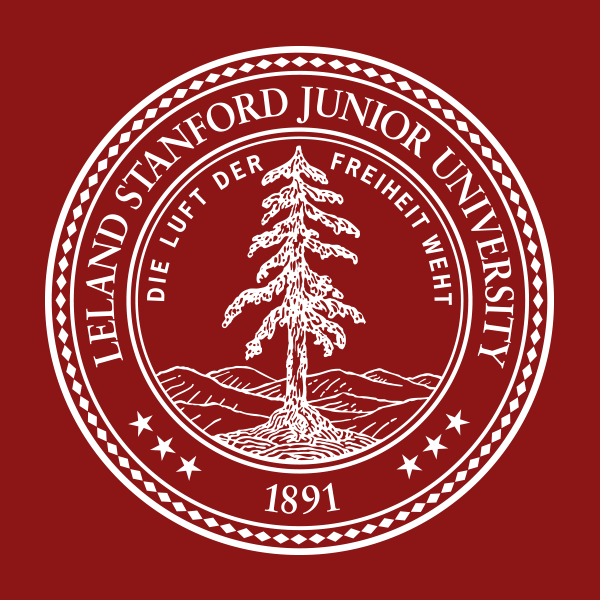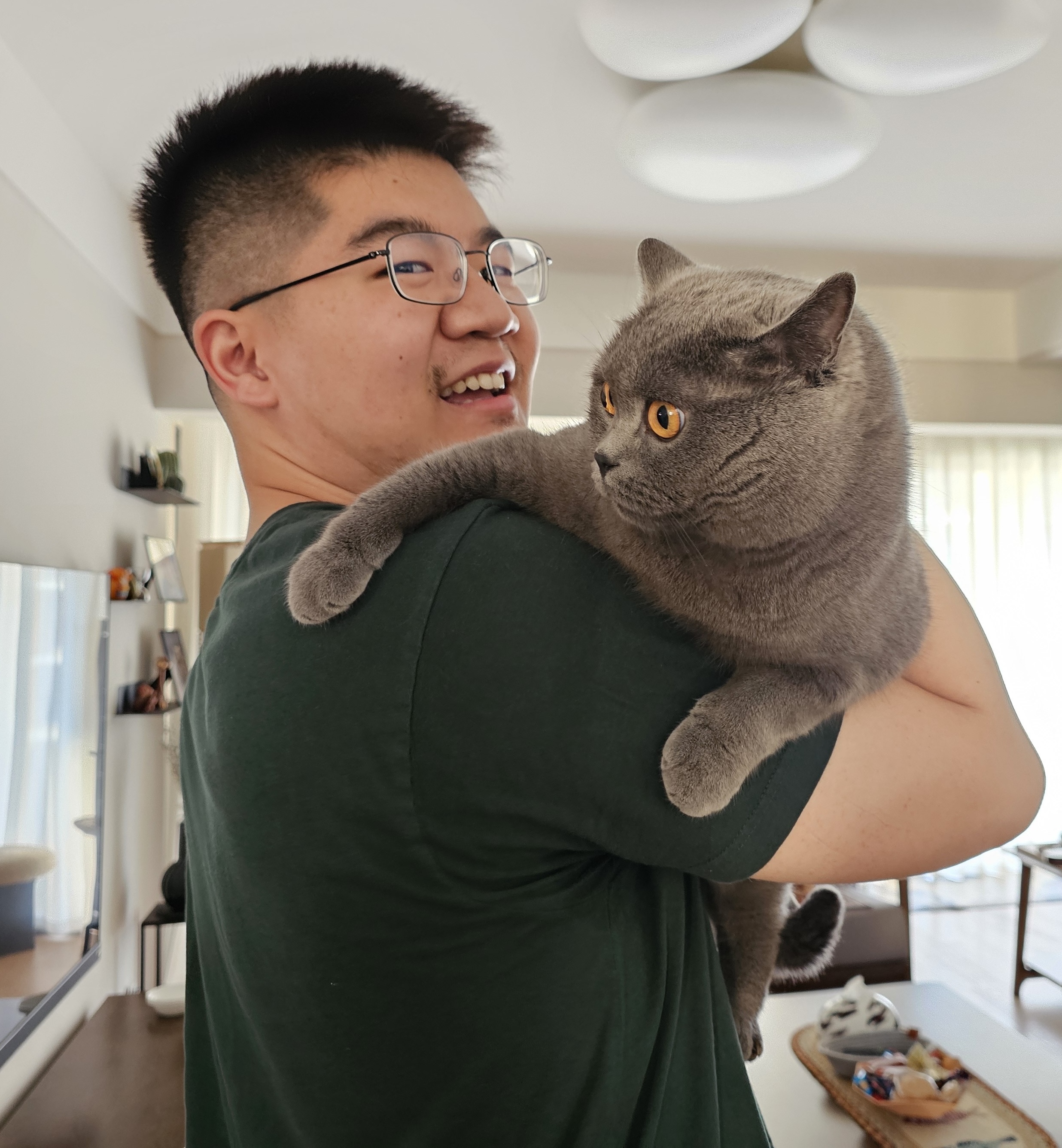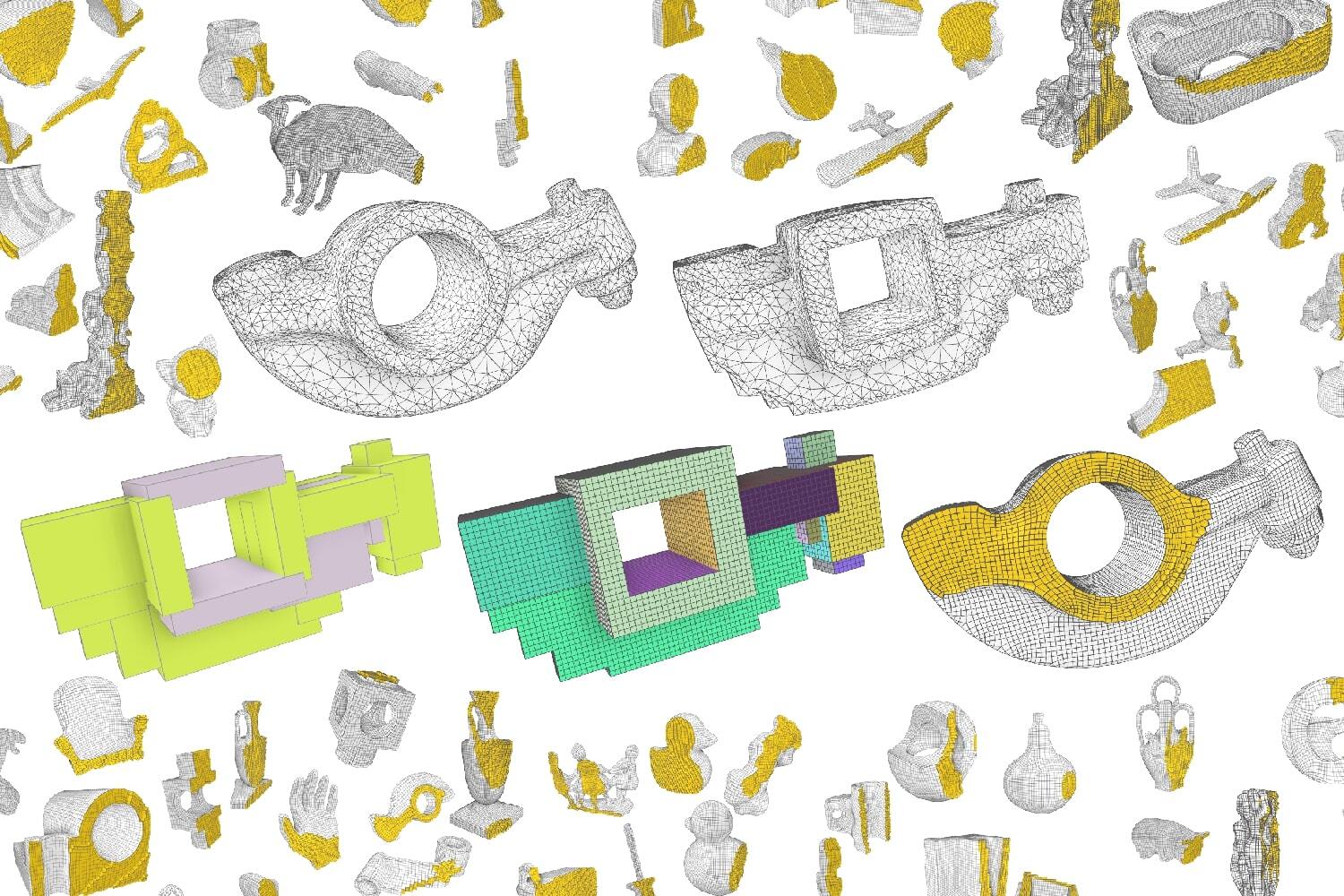I am a Research Scientist at Netflix, where I work to push the boundaries of entertainment through AI innovation, particularly in video games. Previously, I received a PhD at MIT advised by Justin Solomon, a B.S. in Computer Science and Mathematics and an M.S. in Mathematics, both at Stanford University.
My research centers on one question: How can we make interaction with AI not just intelligent, but genuinely fun? I believe the key is to use AI to empower player creativity, enabling entirely new forms of AI-assisted expression. To this end, I am exploring the following questions:
Bottom-Up Structural World Modeling. Can we use a bottom-up approach to model a world's logical structure as a compact, text-based formal representation? This format is inherently consistent and it is easy to add interactivity and visual components.
Emergent and Balanced Game Mechanics. Beyond visual assets, can game mechanics themselves, represented as code, be generative, adapting to player input and the world state? Can we enable a true roguelike experience where any player build is viable without unbalancing the game?
Publications
Video4Spatial: Towards Visuospatial Intelligence with Context-Guided Video Generation
Preprint
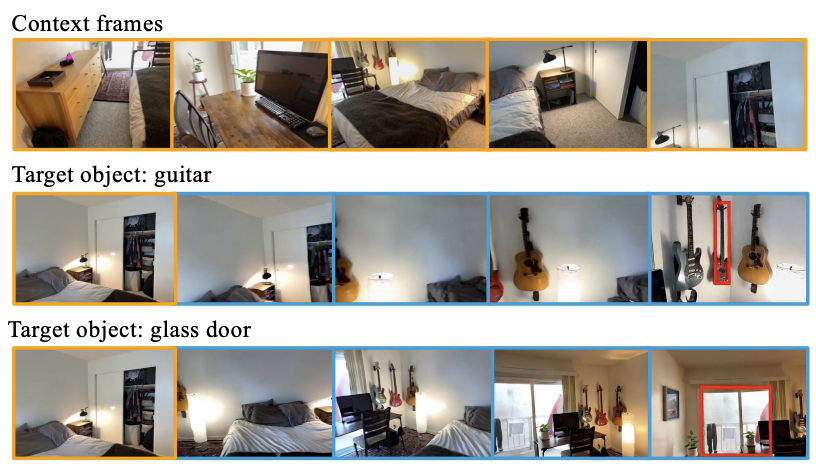
Correctness-Guaranteed Code Generation via Constrained Decoding
Oral Presentation
Conference on Language Modeling (COLM 2025), Montreal, Canada
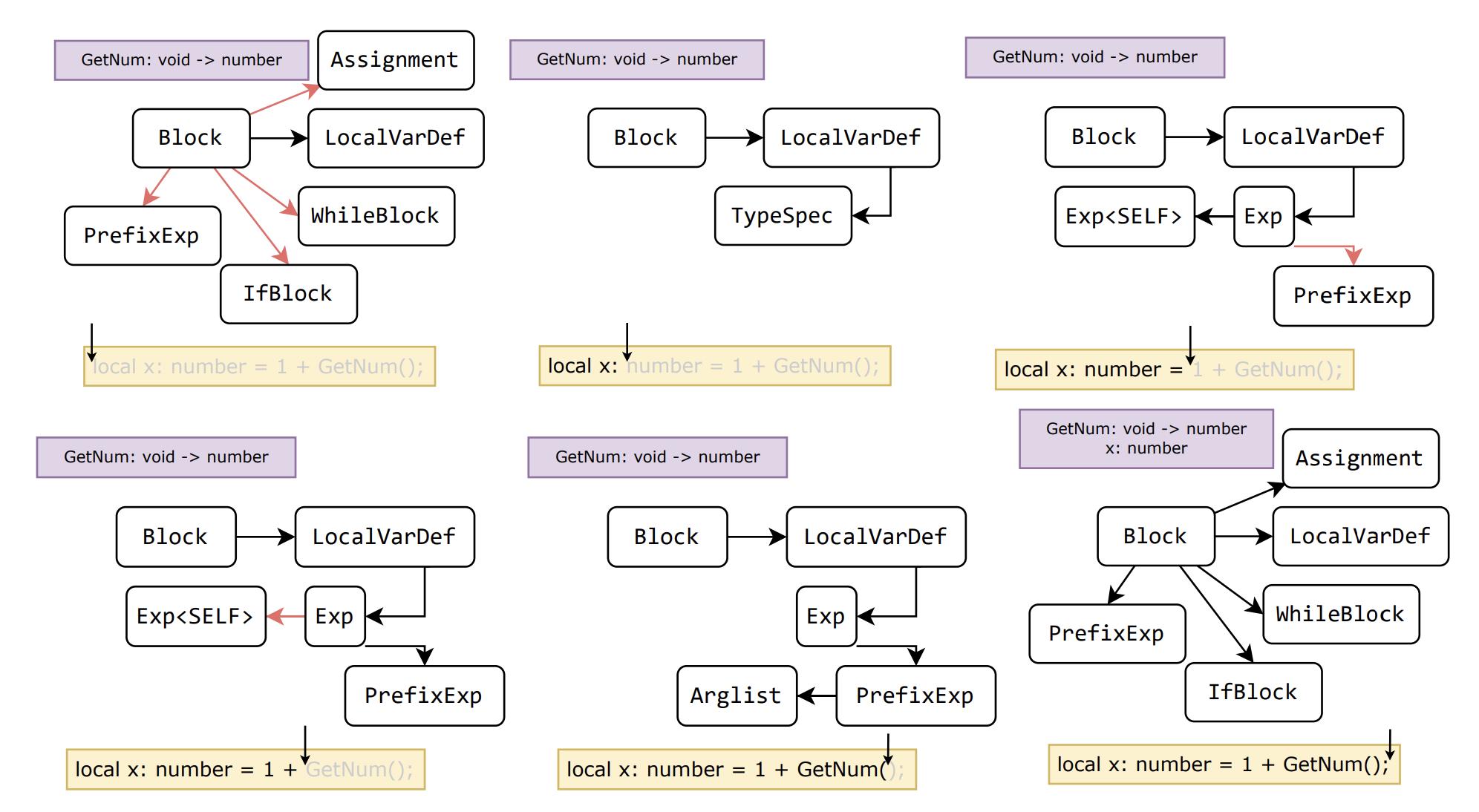
Go-with-the-Flow: Motion-Controllable Video Diffusion Models Using Real-Time Warped Noise
Oral Presentation
Conference on Computer Vision and Pattern Recognition (CVPR 2025), Nashville, TN
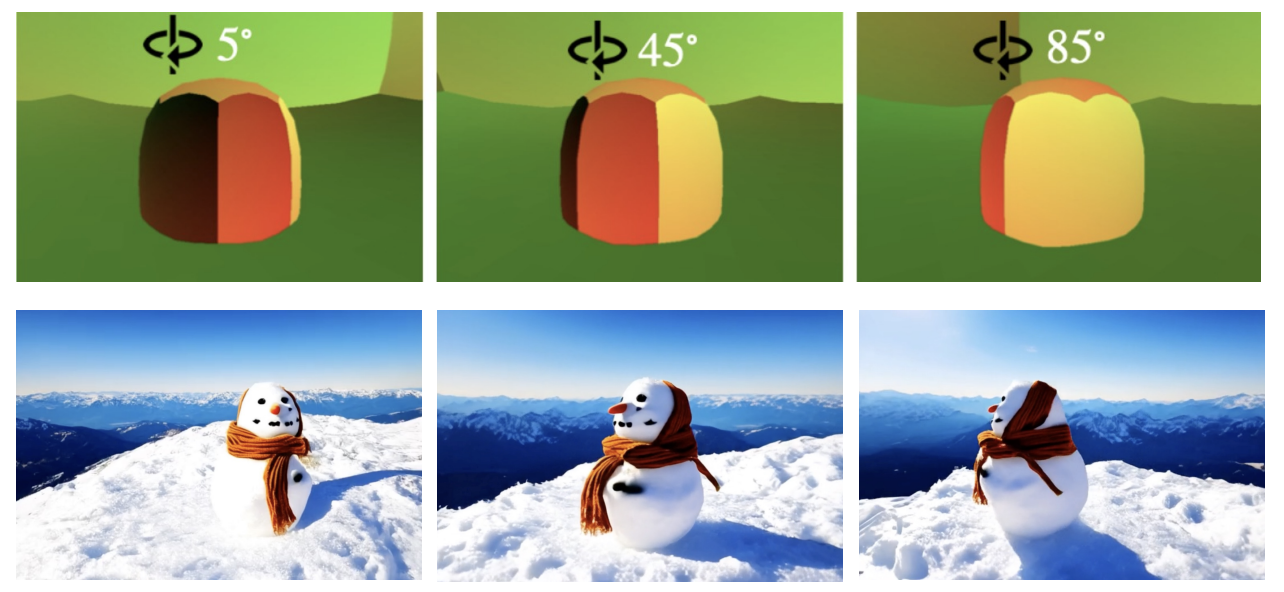
Infinite-Resolution Integral Noise Warping for Diffusion Models
Conference on Learning Representations (ICLR 2025), Singapore
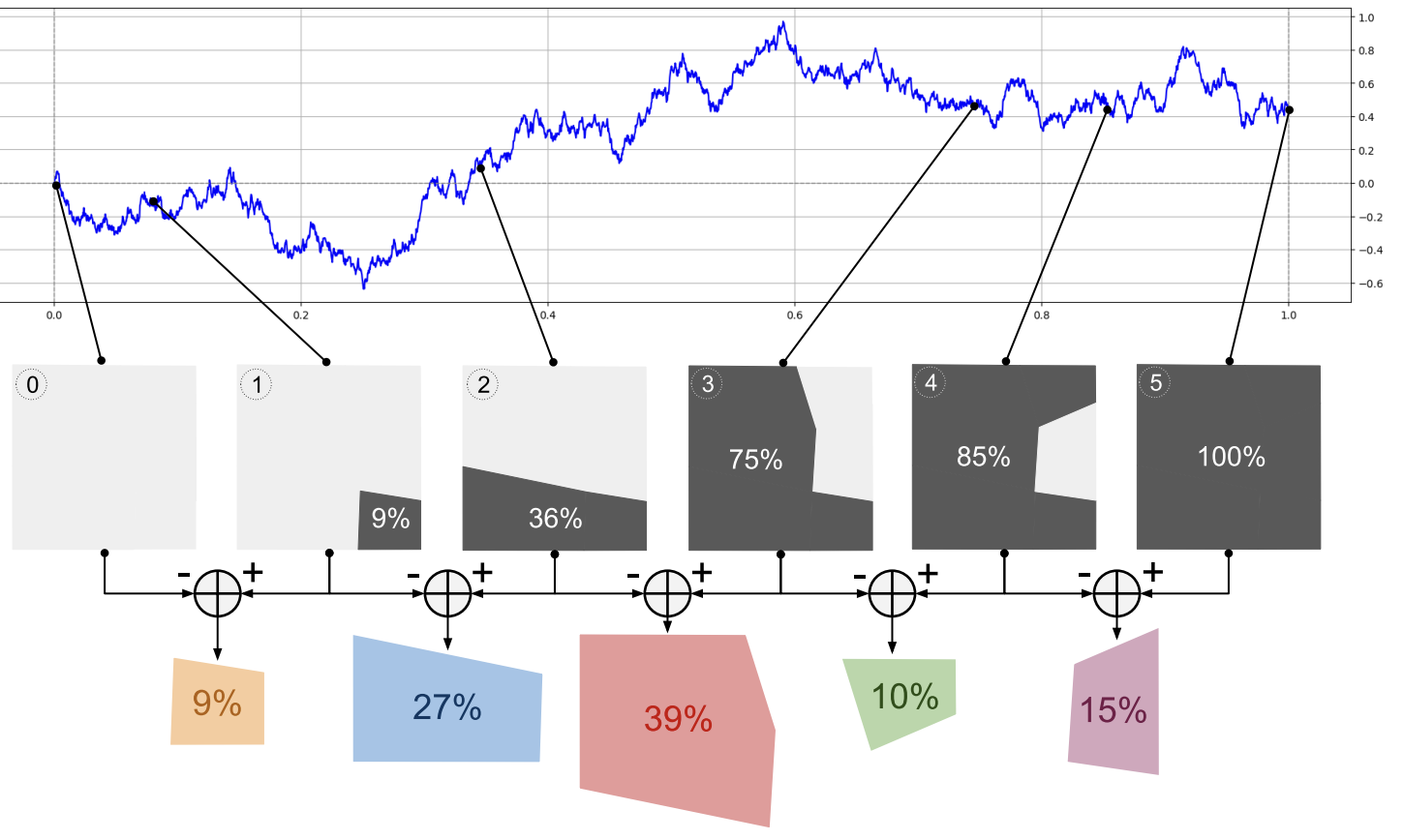
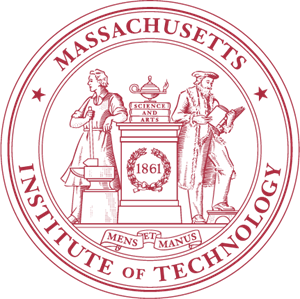
Debiased Distribution Compression
International Conference on Machine Learning (ICML 2024), Vienna
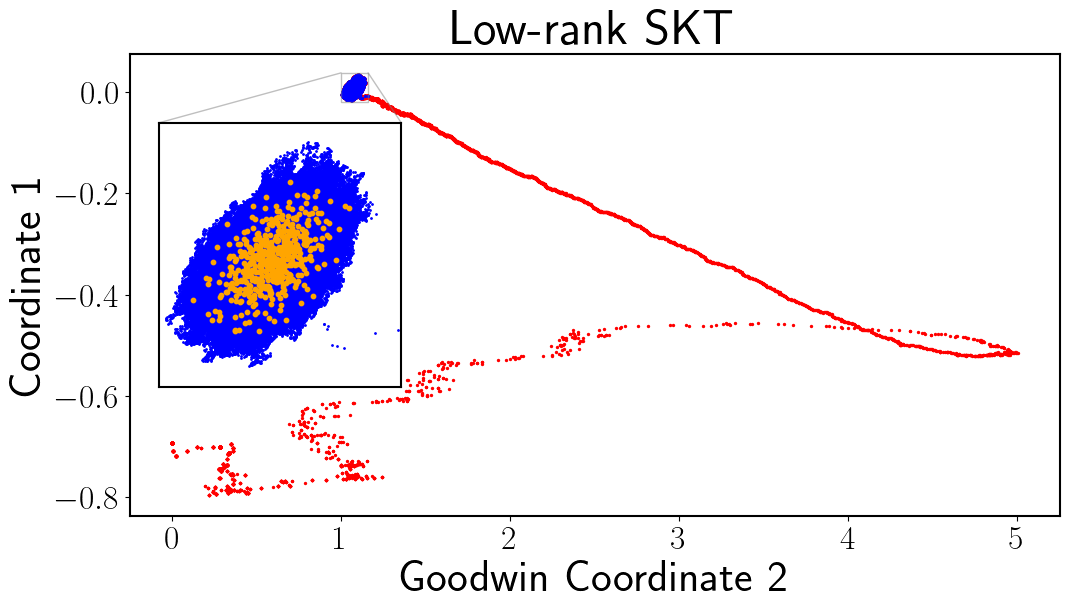
Self-Consistent Velocity Matching of Probability Flows
Conference on Neural Information Processing Systems (NeurIPS 2023), New Orleans, LA
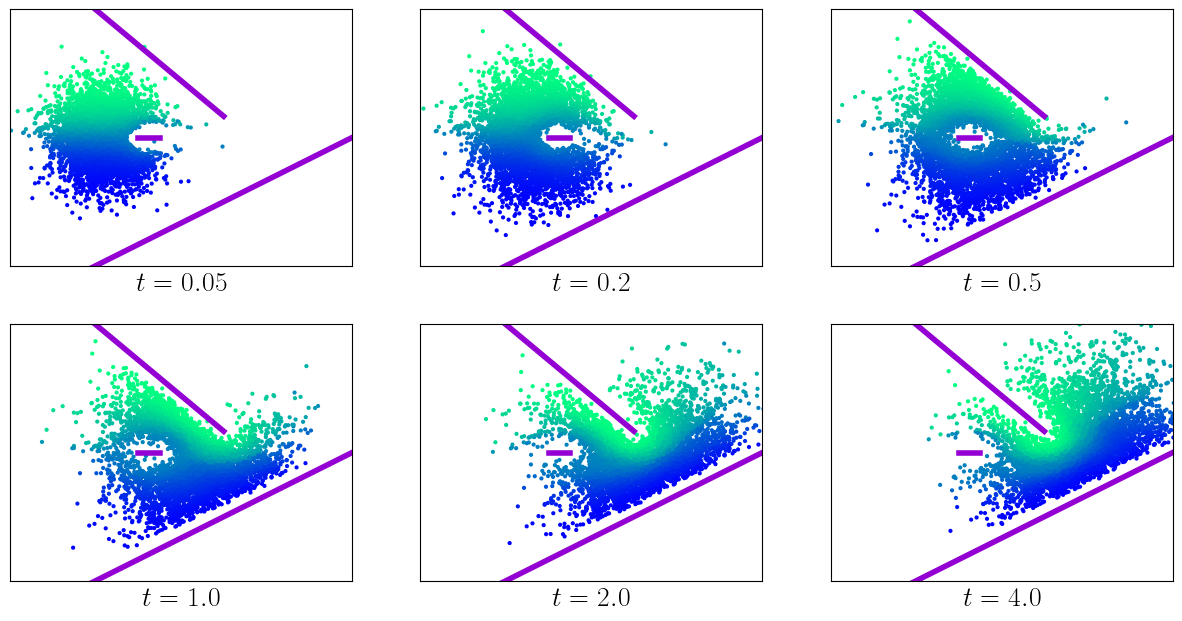
Sampling with Mollified Interaction Energy Descent
Conference on Learning Representations (ICLR 2023), Kigali
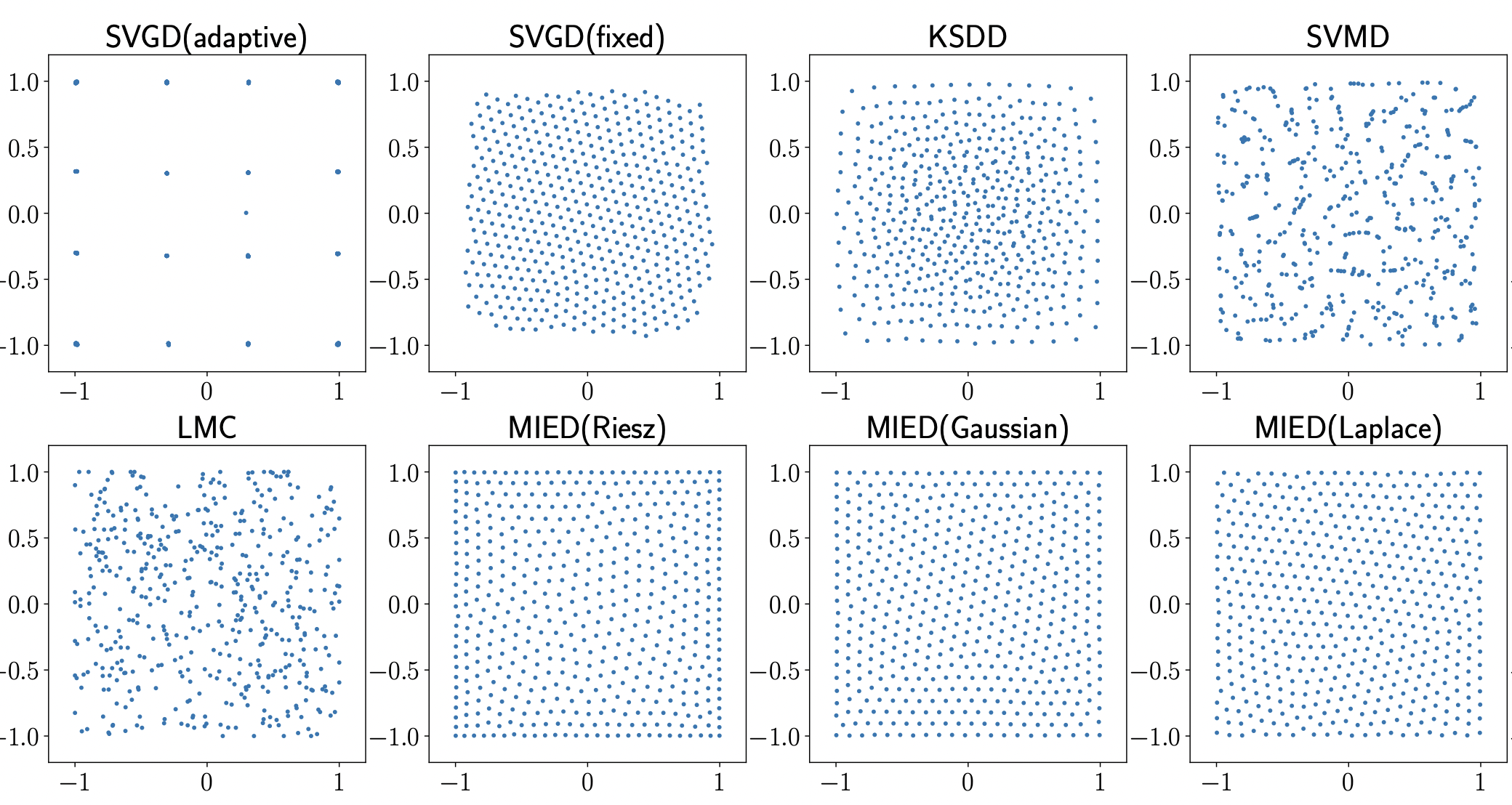
Learning Proximal Operators to Discover Multiple Optima
Conference on Learning Representations (ICLR 2023), Kigali
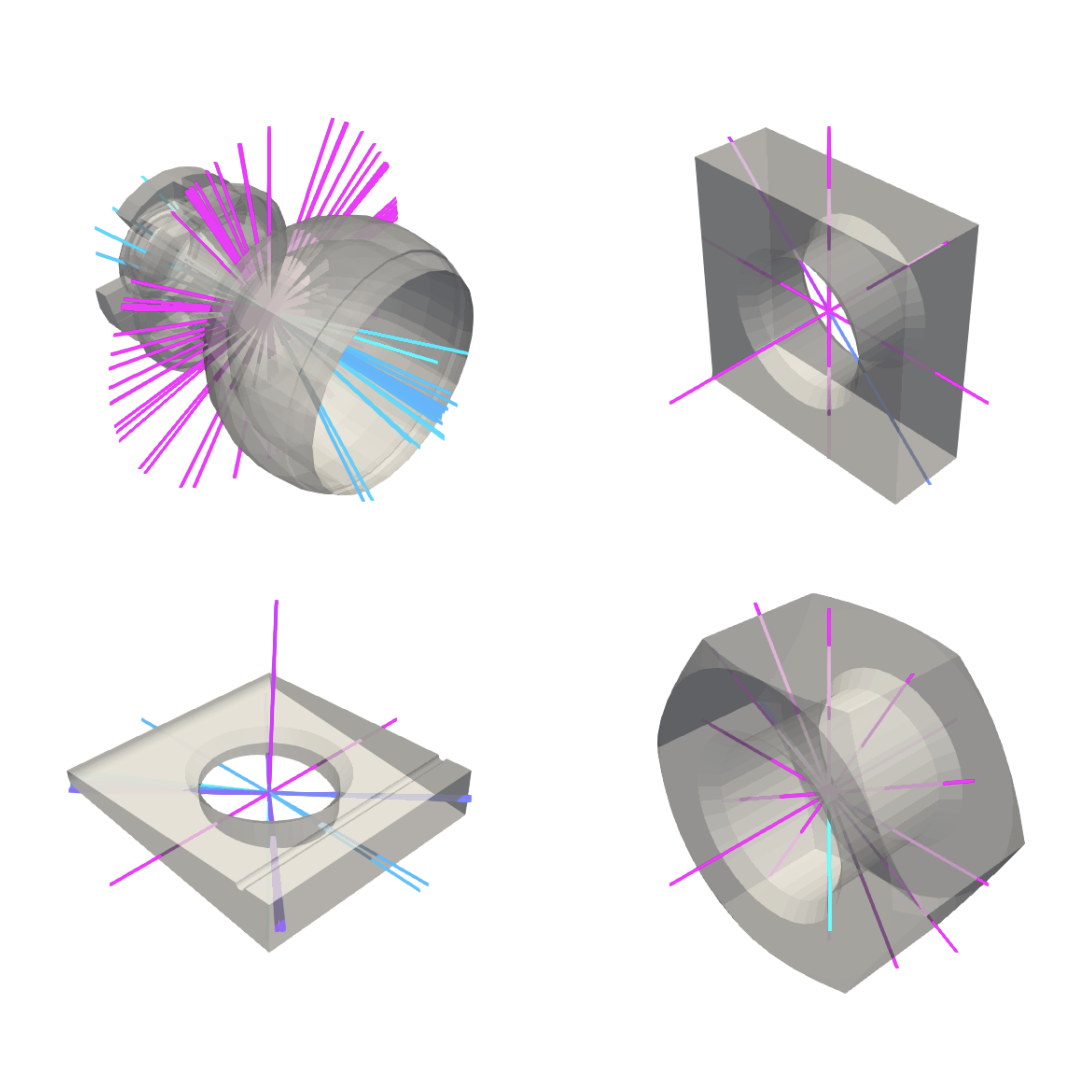
Wasserstein Iterative Networks for Barycenter Estimation
Conference on Neural Information Processing Systems (NeurIPS 2022), New Orleans, LA
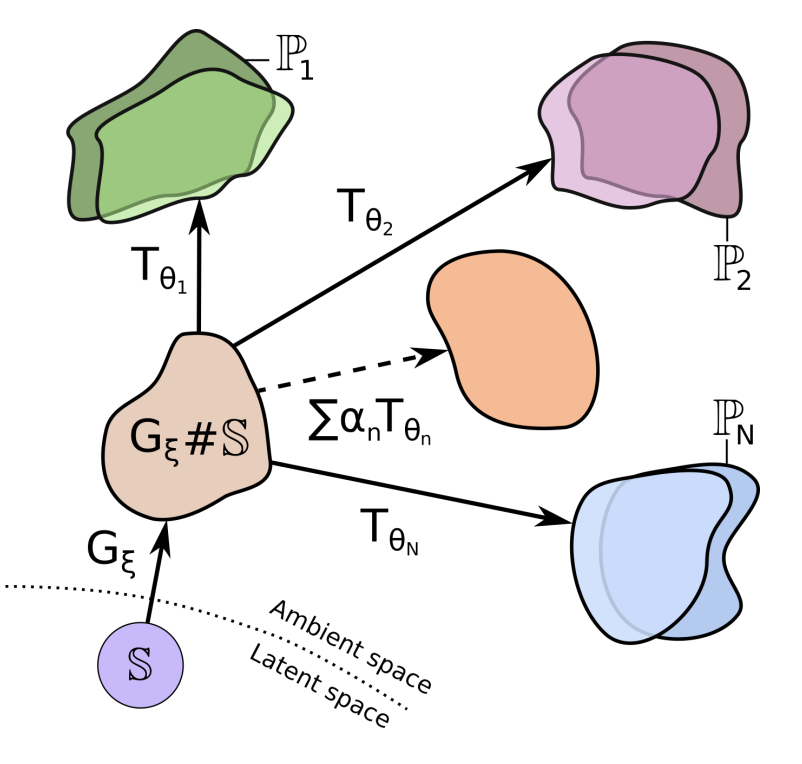
Do Neural Optimal Transport Solvers Work? A Continuous Wasserstein-2 Benchmark
Conference on Neural Information Processing Systems (NeurIPS 2021), online
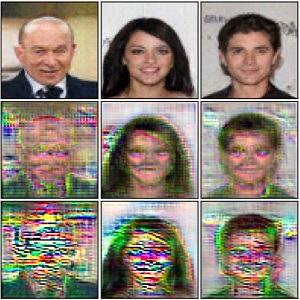
Large-Scale Wasserstein Gradient Flows
Conference on Neural Information Processing Systems (NeurIPS 2021), online
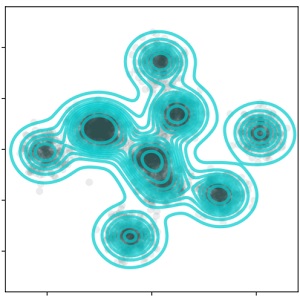
Continuous Wasserstein-2 Barycenter Estimation without Minimax Optimization
Conference on Learning Representations (ICLR 2021), online
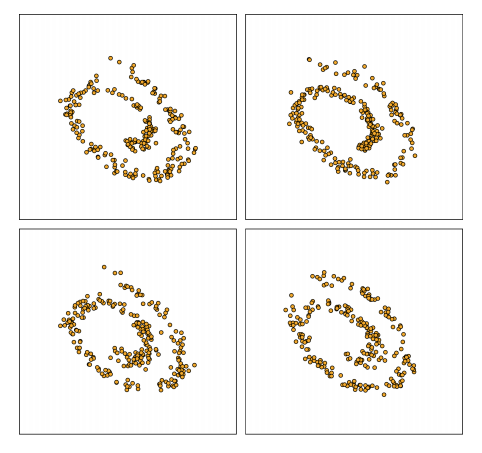
Continuous Regularized Wasserstein Barycenters
Conference on Neural Information Processing Systems (NeurIPS 2020), online
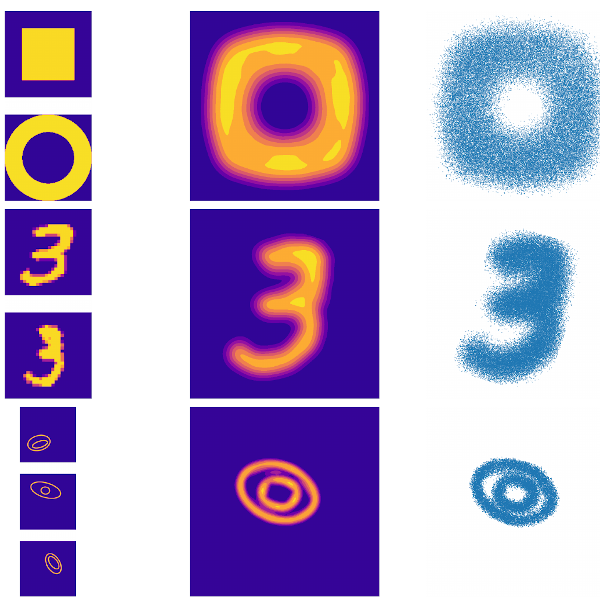
Supervised Fitting of Geometric Primitives to 3D Point Clouds
Oral Presentation
Conference on Computer Vision and Pattern Recognition (CVPR 2019), Long Beach, CA
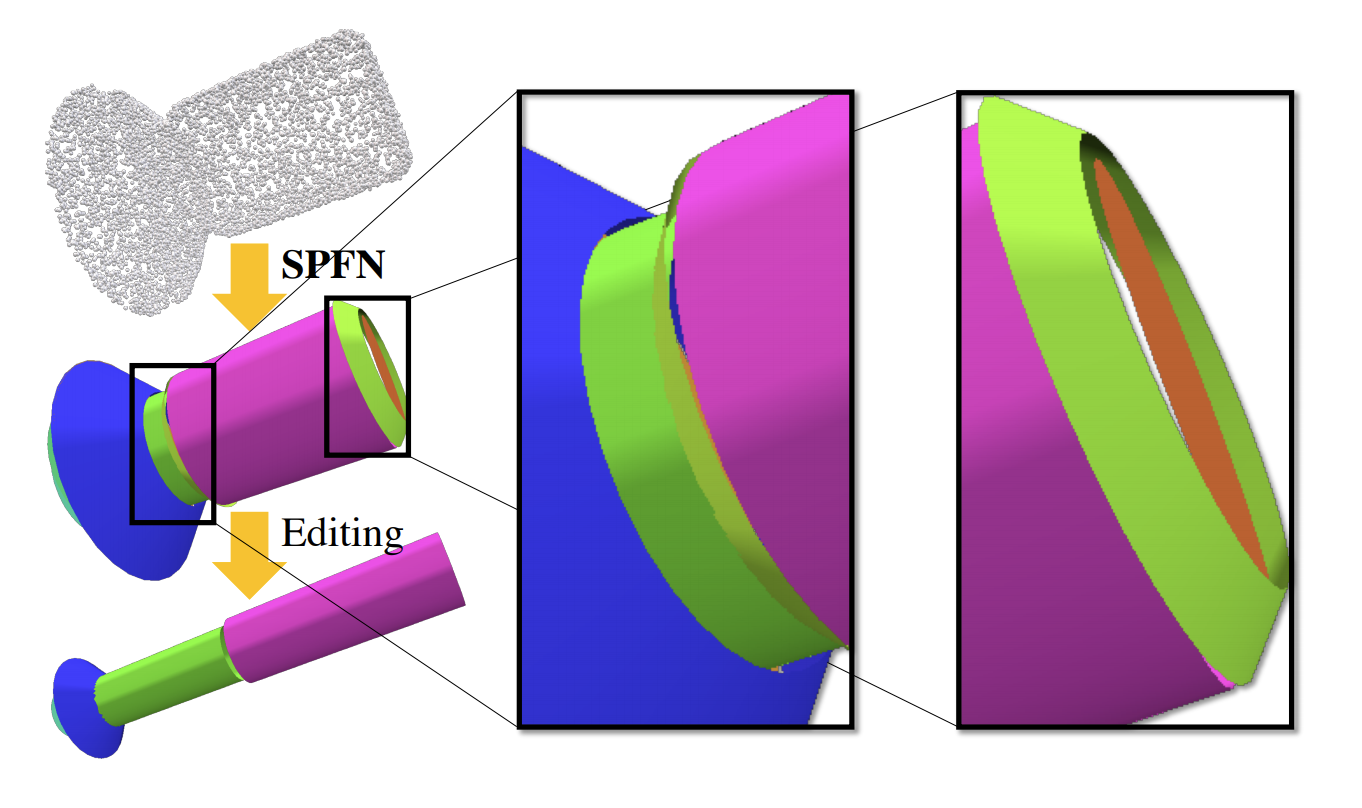
Branching Rules of Classical Lie Groups in Two Ways
Undergraduate honors thesis. Stanford University, 2018
